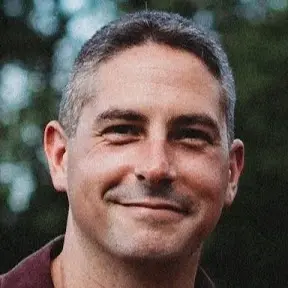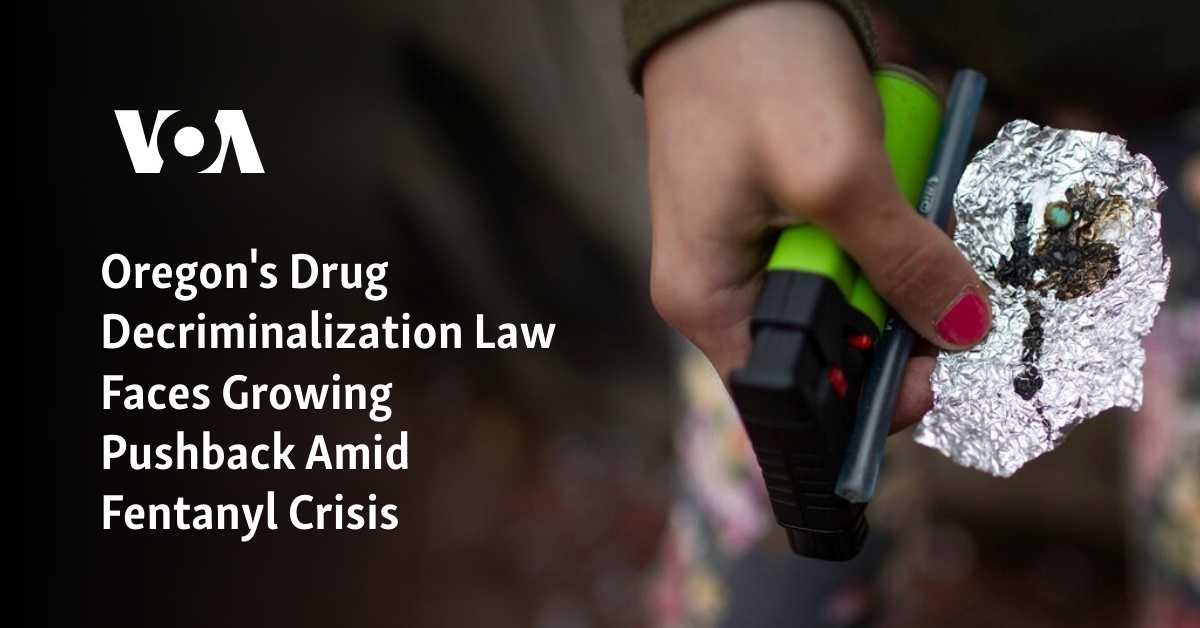This is interesting.
Firstly, I love that states inherently have the power to set their own laws. This allowed Oregon to be a great large scale experiment for drug policy.
I saw some interesting quotes:
But estimates from the U.S. Centers for Disease Control and Prevention show, among the states reporting data, Oregon had the highest increase in synthetic opioid overdose fatalities when comparing 2019 and the 12-month period ending June 30, a 13-fold surge from 84 deaths to more than 1,100.
Despite public perception, the law has made some progress by directing $265 million dollars of cannabis tax revenue toward standing up the state’s new addiction treatment infrastructure.
I guess since only cannabis is sold, it’s the only taxable substance in the mix.
Some lawmakers have suggested focusing on criminalizing public drug use rather than possession. Alex Kreit, assistant professor of law at Northern Kentucky University and director of its Center on Addiction Law and Policy, said such an approach could help curb visible drug use on city streets but wouldn’t address what’s largely seen as the root cause: homelessness.
Homelessness leads to drug use? Or drug use leads to homelessness? Couldn’t it be either?
In the first year after the law took effect in February 2021, only 1% of people who received citations for possession sought help via the hotline, state auditors found.
Critics of the law say this doesn’t create an incentive to seek treatment.
Thoughts:
-
Maybe just start with cannabis and see how that goes? Or do we really need to progress collectively to heroine, meth, cocaine, MDMA?
-
Is the major public health crisis the use of more illicit drugs, or overdoses? Is possible that recreational use of cocaine/MDMA/others wouldn’t be as big of a crisis as meth and fentanyl?
-
Should heroine be legal for use?
-
Should MDMA be legal for use?
-
Should cocaine be legal for use?
( I am not advocating for or against use of these substances with this post. Posted for discussion/interest. Questions are posed for discussion. )



The big takeaway from all this is that if you do programs like this you have to fully fund the treatment and pathway to sobriety. Economically you’ve got to give these people a chance to rebound back on their feet. I suspect the support funding was less than needed and that’s why this is collapsing
So - I’ve wondered, as I’m sure others have as I probably read this somewhere and it stuck with me - why don’t we just legalize all drugs.
That’s it - all of its legal. We don’t care anymore. No more stigma, do what you want.
Now - we take aaaallllllllllll the money we use to fight a war on drugs we never win, allllllll the money we use to arrest people and fund our police state, alllll the money we use to keep people in prison…
And we put it into rehabilitation and mental health and education and housing the unhoused.
I mean is that so insane?
Legalize and regulate.
In other words, people shouldn’t have to buy sketchy shit on the streets.
You can set up a justice system that is designed to reduce harm and to make the victims whole.
But doing so seems to be pretty incompatible with seeing up a penal system designed to harshly punish offenders. Because harsh punishments do not seem to be effective at preventing bad actions that create victims.
Especially in the US, we’ve made the choice to have a penal system instead of a justice system. And so our system does not exact justice, it just passes down punishments.
I’m for drug decriminalization and all the various kinds of harm mitigation strategies to make drugs safer to use. But I also will admit without hesitation that modern synthetic opioids and amphetamines are black holes that consume a person’s entire being. If we want widespread drug decriminalization we need to do a lot of other side work to stop people from being spaghettified. We need housing and healthcare and an expectation of a baseline dignified life for everyone because if your life is going to be without dignity either way you may as well be injecting heroin while doing it.
That’s basically what Portugal did. Sounds like it’s working pretty well for them.
https://www.cbc.ca/radio/ideas/how-portugal-tackled-its-addiction-epidemic-to-become-a-world-model-1.5178848
I think this what I saw before yeah - thank you! I’ll read this again.
The fully funded path out is what Oregonians were promised, but our elected officials entirely dropped the ball on making it happen.
Yeah OP mentions the $265 million in funding but that hasn’t been used to fund anything. I haven’t seen a single new treatment center open up.
Also be aware that anywhere with easy travel the place with the least restrictive laws will most likely attract the people who want to do the thing that illegal everywhere else. So it will require more support than just the existing population.
But really the expectation that drug users who have historically been treated like shit by the government will use a new government hotline is ridiculous.
Your take away was people couldn’t get treatment?
It said there was little treatment participation.
Perhaps this could be related to the logistics of getting there perhaps.